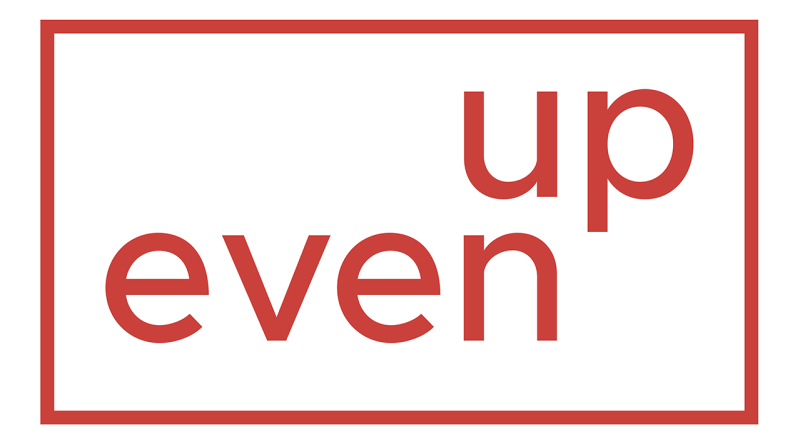Michiel Kolman: What triggered these UPs to join forces and start this initiative?
EvenUP: Although there are a number of valuable equity and inclusivity initiatives underway across the publishing industry, we feel that there is something distinctive about university presses: we are all mission-driven organisations and we are all operating to a greater or lesser extent as part of universities who have their own DEI policies and practices. EvenUP provides a framework for collaboration that shares and amplifies best practice across presses but also enables us to fulfil the specific aims of our parent institutions. Competition law quite rightly forbids close collaboration on commercial matters but to accelerate change close collaboration on matters of societal importance is essential.
MK: Many are UK based. How does this initiative compare to the UK PA activities around DEI, which also includes gathering data?
EvenUP: Nothing in EvenUP precludes involvement with other initiatives, such as those of the PA. Indeed several of us have participated in the PA’s work. The gathering of data is only one component of EvenUP, the overarching value is in providing a forum for like-minded publishers to share information and explore opportunities to drive change.
MK: What makes the university presses unique compared to other publishers in the area of DEI?
EvenUP: University presses are mission- rather than profit-driven publishers. It is commonly acknowledged that some of the framing and language around DEI issues has come directly from universities. With a strong focus on humanities and social science research, university presses have provided outlets for publishing on topics such as gender, sexuality, race and class for decades. This initiative is a logical, collaborative extension of that work: we are in it for the long haul.
MK: There are many lenses of diversity: which ones will be addressed here? Are there insights where the biggest challenges lie (Race? Sexual orientation? Economic background?).
EvenUP: A cursory glance at the publishing industry in the UK and Ireland will tell you that there are significant challenges to be met, and opportunities to improve, on many fronts when it comes to diversity. We want the group to be an opportunity for UPs to say to each other ‘here is how we are meeting that challenge, how are you doing it?’ Sometimes that conversation will be less about thematic examples and more about processes: How can a smaller publisher with limited resources push forward change? What can a larger, broader publisher learn from a diminutive but focused peer? At all costs we want to avoid virtue-signalling and empty rhetoric and ensure that each EvenUP meeting is an opportunity for meaningful exchange and action.
MK: Several participants in EvenUP have strong US connections: how does this initiative relate to the DEI campaigns in the US?
EvenUP: We perceive EvenUP as operating in harmony with the efforts of organisations such as the Association of University Presses and C4DISC. Ours is perhaps a looser framework to enable organic conversation in our particular context. A number of our group are signed up to C4DISC, and one of the foundational points of EvenUP is that we utilise either the AUPresses survey tool to collect demographic data, or our own surveys of comparable quality, in order to assess and understand areas in which we can improve, benchmarking across presses where appropriate. There are also some particular UK & Ireland issues to explore, not least around ‘class.’
MK: The focus is on diversity among the staff. Are there also plans to cover diversity among authors, editors and the content published by the Presses
EvenUP: UK and Irish university presses are committed to equity, diversity and inclusivity in our workplaces, in who we work with and in what we publish. The EvenUP framework enables us to share best practice for vital activities such as author and freelancer surveys. In addition, many of us have authors whose professional lives are spent researching DEI-related issues and we will invite them to address the group. In this way, our authors and the work that we publish will have a direct impact on our own practice.

